 The Authors Guild has, many times in the past, voiced that ebook royalties should be raised. So do something about it.
The Authors Guild has, many times in the past, voiced that ebook royalties should be raised. So do something about it.
The AG, and Authors United, have been able to get beaucoup media attention during the Hachette/Amazon spat … Now the AG, and all of the bestselling authors who supported AU, need to show some backbone and integrity and use the same tactics to force the Big 5 to raise digital royalties …
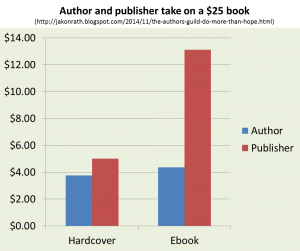
Konrath’s numbers, my chart
On a $25 hardcover, the author makes about $3.75, and the publisher around $5, after all production, delivery, and middleman costs (distributors and booksellers). On a $25 ebook, an author makes $4.37, and the publisher $13.12. How did this happen? Where was the outrage when this was slipped into all major publishing contracts? …
I won’t point fingers, but a Google or Twitter search will show how many authors seem to think Amazon is bad, the agency model is good, and the poor Big 6 are getting the shaft. Uh, no. That’s just plain wrong. I’m going to explain why the agency model in this particular case is indeed bad for authors …
Under the prior [wholesale] model, Amazon bought ebooks at a percentage of the recommended retail price. Then they priced them how they saw fit. The wholesale price for ebooks was often about half of the hardcover price. So a $25 recommended retail price meant Amazon paid $12.50 for the ebook. According to most contracts, the author made 25% of the net price the publisher received. So at the above numbers, an author would make $3.12 NO MATTER WHAT PRICE AMAZON SOLD THE EBOOK FOR.
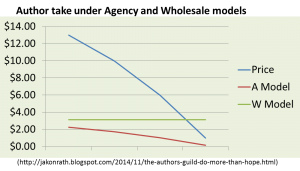
Konrath’s numbers, my chart
In other words, if Amazon wanted to sell the ebook for $9.99, the author still makes $3.12. Sell it for $5.99? Author makes $3.12. Sell it for 99 cents? Author makes $3.12.
So what happens when the agency model comes into play? First of all, Amazon no longer controls the price … Amazon works its butt off trying to keep prices low. That’s why so many people shop there.
With the wholesale model, authors made more money per unit and sold more units. Funny thing is, publishers also made more money under the wholesale model. But instead the Big 6 decided they wanted an agency model. Authors still get 25% of net. But net has gotten lower in almost all cases.
With the wholesale model, net was $12.50. With the agency model, net is 17.5% of the list price set by the publisher. So the publisher sells it for $12.99, the author makes $2.27. Sell it for $9.99? Author makes $1.74. Sell it for $5.99? Author makes $1.04. Sell it for 99 cents? Author makes 17 cents.

 Good ol’ Christopher Pendegraft at Scriptshadow has hit on it again.
Good ol’ Christopher Pendegraft at Scriptshadow has hit on it again.
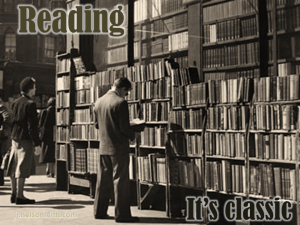

 Neil Clarke, editor at Clarkesworld, published a list of the
Neil Clarke, editor at Clarkesworld, published a list of the 
 I’ve said before that
I’ve said before that 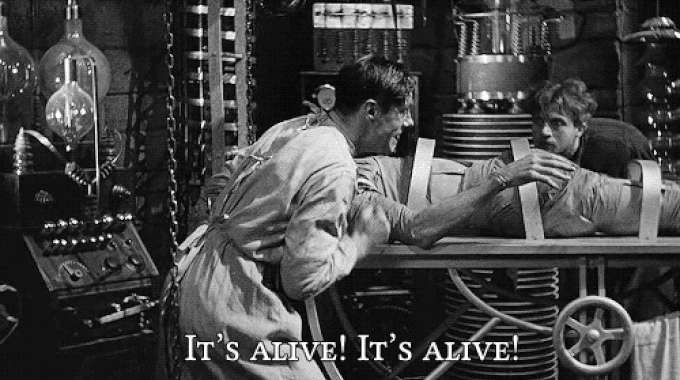 Everyone loves the zombie novel. No, I don’t mean a novel about zombies. I mean the novel itself as an artform, which walks on undeterred by premature declarations of its demise.
Everyone loves the zombie novel. No, I don’t mean a novel about zombies. I mean the novel itself as an artform, which walks on undeterred by premature declarations of its demise.
 Lists of things you should “never say” to this or that group of people are a plague on the Interwebz.
Lists of things you should “never say” to this or that group of people are a plague on the Interwebz.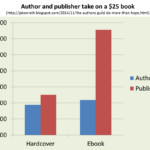
 The Authors Guild has, many times in the past, voiced that ebook royalties should be raised. So do something about it.
The Authors Guild has, many times in the past, voiced that ebook royalties should be raised. So do something about it.

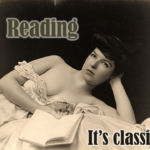


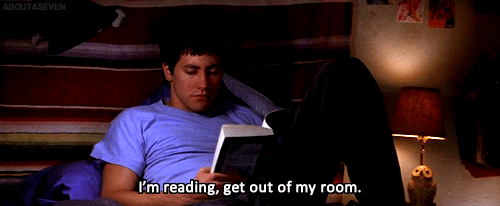 Ever get furious about a book that was too long for its own good, or about a book that was full of falsehoods, or about a book you thought was great but other people didn’t care for?
Ever get furious about a book that was too long for its own good, or about a book that was full of falsehoods, or about a book you thought was great but other people didn’t care for?
 Today’s links are all about fairness and seeing both sides of the issue!
Today’s links are all about fairness and seeing both sides of the issue!